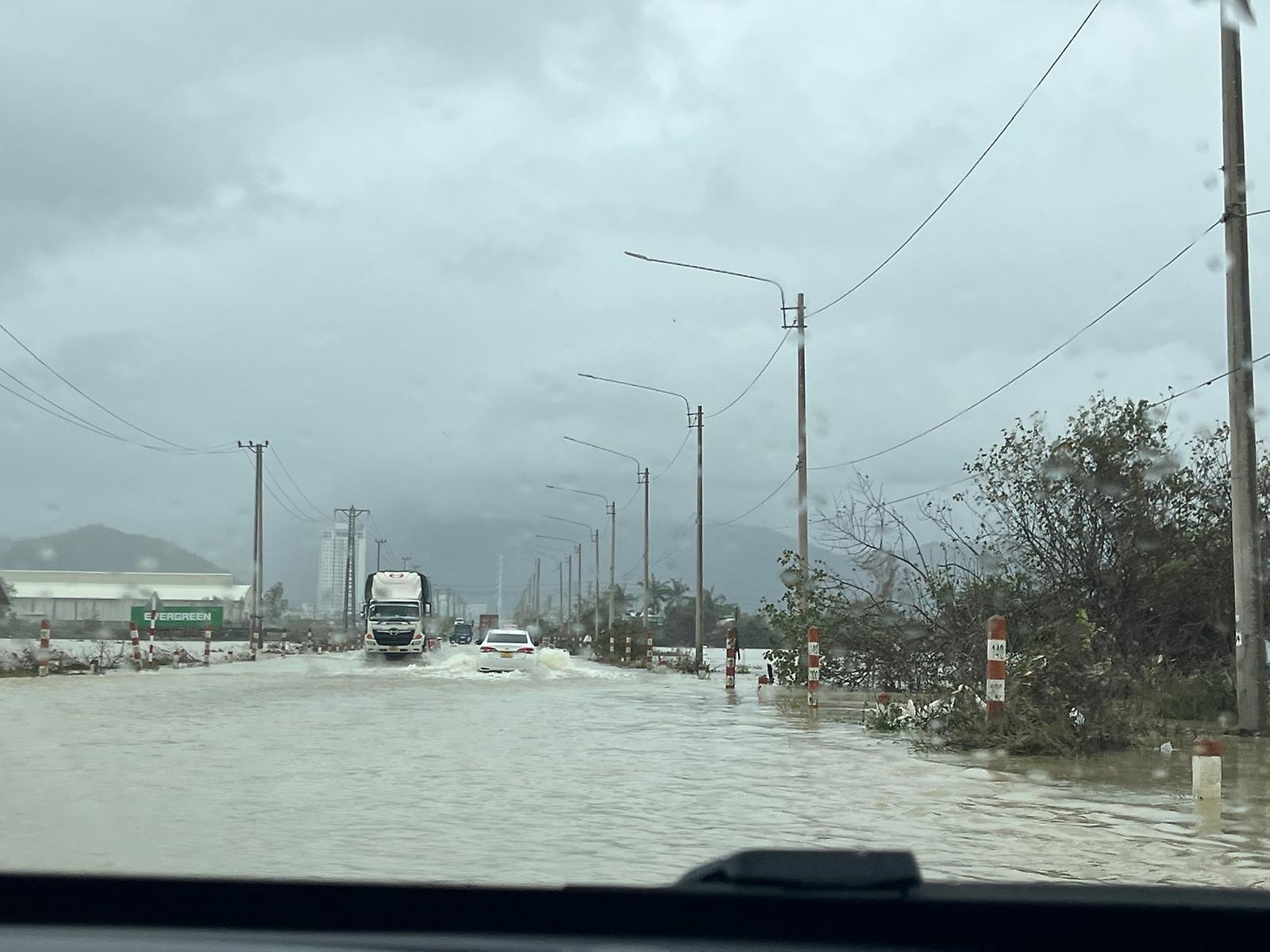Research into how the climate is being affected by the pandemic
The locking down of societies as a result of the ongoing corona pandemic has led to a reduction in global emissions of carbon dioxide during 2020. Governments are using both short-term emergency packages and more long-term restart packages in order to stimulate socio-economic development. Researchers at SMHI are now studying how such stimulus measures could affect the climate. This is yielding knowledge that will be valuable in the management of future social crises.
The formulation of stimulus packages to counteract the economic consequences of the pandemic could have long-lasting effects on the emission of greenhouse gases and aerosols, even after the economy has recovered. Researchers at the Swedish Meteorological and Hydrological Institute (SMHI) are now studying the effects on the climate of different strategies for recovery.
“If the stimulus packages are used to promote energy use with a low proportion of carbon, they have the potential to help us achieve both our economic and our climate objectives”, says Torben Königk, who is a climate researcher at SMHI's Rossby Centre.
 Zoom image
Zoom imageStimulus packages that promote energy use with a low proportion of carbon can help societies to achieve both their economic and climate objectives. Researchers at SMHI will study the effects on the climate of different strategies for recovery.
Researching alternative developments
Research scientists will use SMHI’s EC-Earth global climate model to perform simulations based on different scenarios for the emission of greenhouse gases and aerosols. The emissions scenarios will describe different ways for economies to recover following the COVID-19 crisis. Similar research will be conducted by other research groups who are also working with climate modelling as part of the CMIP6 (Coupled Model Intercomparison Project Phase 6) international climate modelling project.
“We will be researching the global and regional climate change signals in both the short and the long term, depending on different recovery paths. We will particularly be looking at extreme conditions in Sweden, such as heatwaves, droughts and floods”, says Torben Königk.
Cross-sectoral synthesis of the results
Together with representatives of different social sectors, the researchers will analyse, discuss and interpret the results, as well as the consequences for the environment, society, the economy and health, in order to obtain a cross-sectoral synthesis of the results.
The COCLIM-19 project will continue for one year, and will be financed by the Swedish Civil Contingencies Agency (MSB) and the Research Council for Sustainable Development (Formas). During the pandemic, they have joined forces to fund projects that could generate knowledge for use in future social crises.


